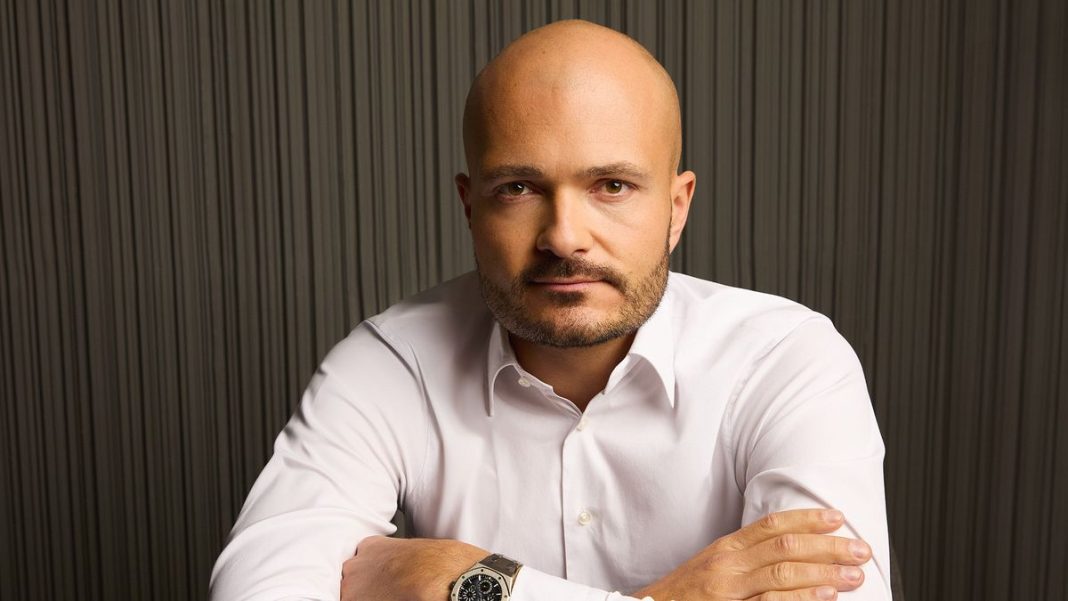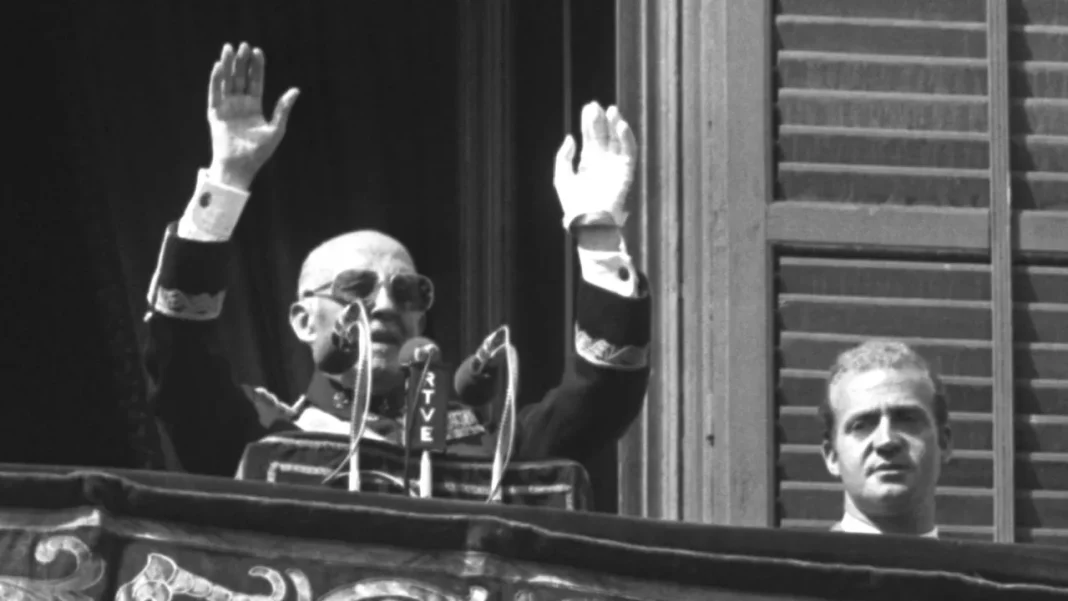The recent revelations surrounding arms dealer Jaroslav Strnad’s car pawnshop have turned eyes toward the large-scale cash transactions involved. Strnad reportedly managed to reclaim millions through these unique loans, generating widespread interest and concern.
Strnad’s Car Pawnshop Strategy

Jaroslav Strnad, a well-known figure in the arms dealing industry, has been at the center of attention following reports about his innovative, albeit controversial, financial practices involving a car pawnshop. By utilizing luxury cars as collateral, Strnad acquired liquidity that he later transformed into sizable cash returns. This approach drew interest not only due to the sums involved but also because it reflects an unconventional strategy among high-net-worth individuals.
These transactions involved high-end vehicles, possibly disguising liquidity movements while capitalizing on rapidly appreciating car values. Strnad’s capacity to maneuver within this niche market illustrates a keen financial foresight, leading to successful returns despite market volatilities.
Legal and Ethical Considerations

The legality of such financial maneuvers has been a topic of debate. While using luxury items as collateral for loans is not illegal, the nature of cash transactions raises potential red flags for regulatory bodies searching for money laundering and tax evasion activities. With increased scrutiny on financial transactions post-2008 economic crisis, ensuring transparency in such dealings has become paramount.
Ethically, critics argue that leveraging assets in this way may bypass conventional financial oversight, creating an environment where the wealthy can exploit systemic loopholes, potentially widening economic inequalities. It further underlines the discrepancies between high-level financiers and average consumers who must adhere to more stringent lending regulations.
Impact on the Local Economy

Strnad’s actions may also impact the local economy and the used car market in Prague. By purchasing and pawning luxury vehicles, he increased demand and possibly inflated prices for certain car models. Economic analysts suggest this could have a ripple effect, affecting both automobile dealers and buyers alike.
The situation also highlights the versatility of assets in financial leveraging, reminding local businesses and individuals of the alternative value stored within high-end items, not just luxury vehicles. Despite legal constraints, this could inspire economic models focusing on asset-based lending in the region.
Response from Authorities

The Czech authorities have taken notice of these transactions, potentially launching investigations into the financial dealings of individuals and businesses involved. Their response will likely shape the regulations surrounding such large-scale economic activities, balancing innovation against the need for financial integrity.
Strnad’s dealings may push regulatory bodies to revisit current policies, striving to close gaps that allow exploitation while ensuring legal avenues for legitimate business activities remain open. The outcome could set precedence for future financial practices in Czechia.
In conclusion, the case of Jaroslav Strnad’s pawnshop loans presents a multi-faceted issue intertwining legal, economic, and ethical concerns. The developments will be crucial in understanding the future landscape of financial operations involving high-value assets in the Czech economy.





